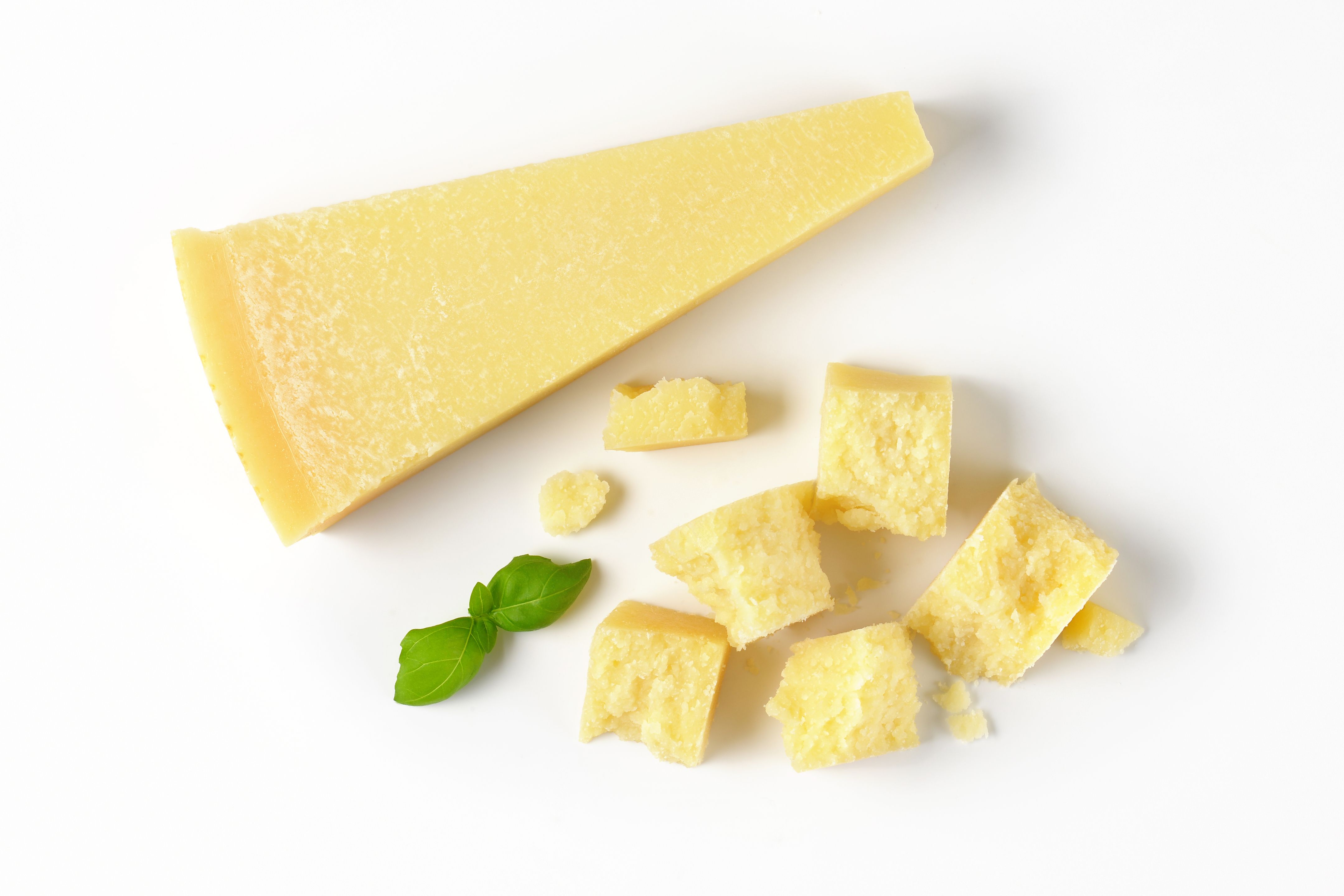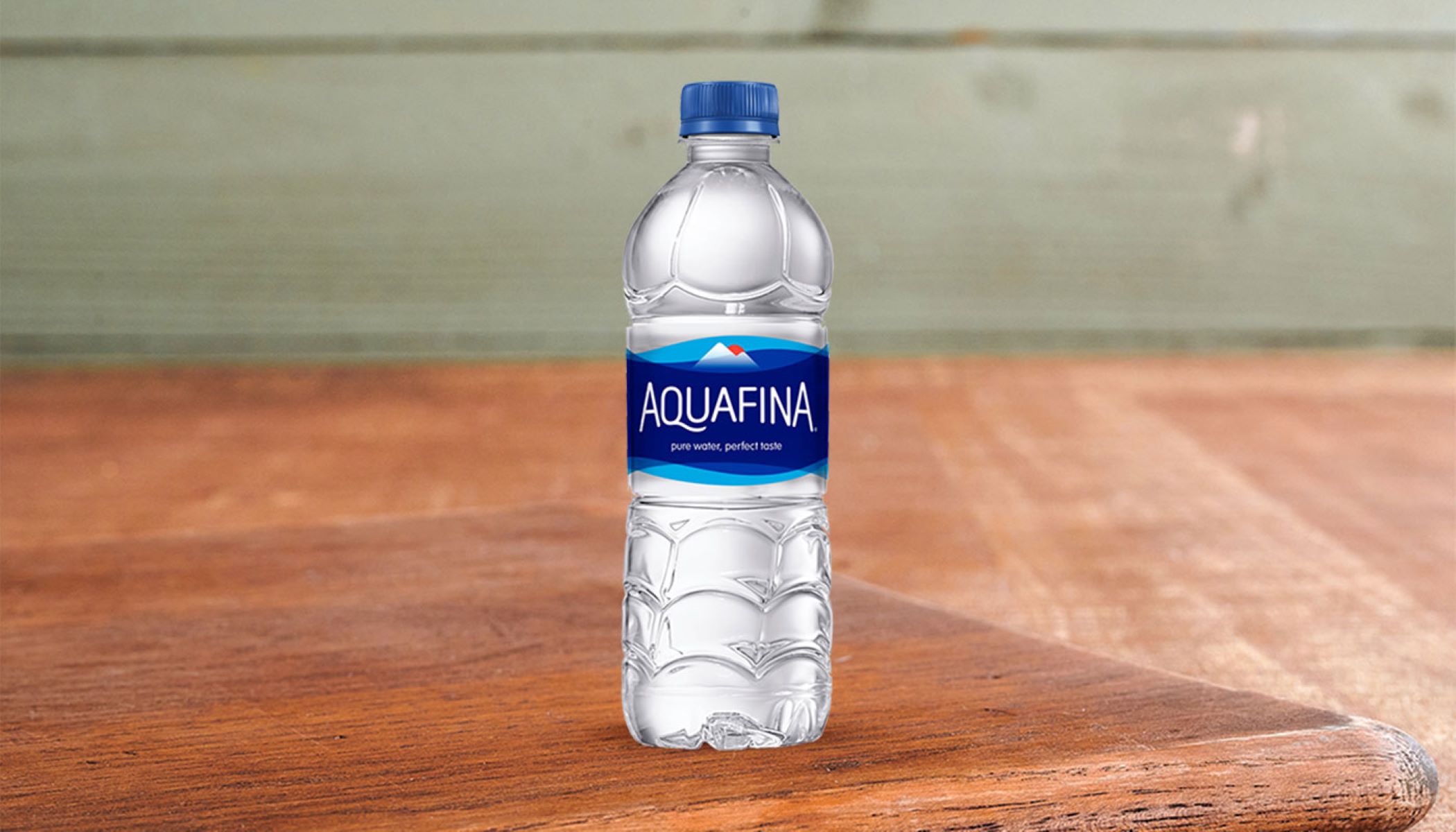Home>Food and Cooking>The Healthiest Cheeses: Discover The Lowest Sodium Option And More!


Food and Cooking
The Healthiest Cheeses: Discover The Lowest Sodium Option And More!
Published: January 18, 2024
Discover the healthiest cheeses for your diet, including the lowest sodium options. Explore food and cooking tips for a balanced lifestyle!
(Many of the links in this article redirect to a specific reviewed product. Your purchase of these products through affiliate links helps to generate commission for Regretless.com, at no extra cost. Learn more)
Table of Contents
Introduction
When it comes to the world of cheese, there's a vast array of options to choose from, each offering its own unique flavor, texture, and nutritional profile. While cheese is beloved for its rich taste and versatility in cooking, it's important to be mindful of its sodium content, especially for individuals aiming to maintain a heart-healthy diet. In this article, we'll delve into the realm of cheese, exploring the impact of sodium on our health and uncovering the healthiest cheese options with the lowest sodium content. Whether you're a cheese connoisseur or simply seeking to make more informed dietary choices, this exploration will provide valuable insights into selecting cheeses that not only tantalize the taste buds but also support overall well-being. So, let's embark on this flavorful journey to discover the healthiest cheeses and learn how to savor them while prioritizing our health.
Understanding Sodium Content in Cheese
Sodium is a crucial mineral that plays a vital role in various bodily functions, including nerve signaling and fluid balance. However, excessive sodium intake has been linked to high blood pressure and an increased risk of heart disease. When it comes to cheese, sodium content can vary significantly depending on factors such as the type of cheese, production methods, and added ingredients.
Hard cheeses, such as Parmesan and Romano, tend to have higher sodium levels compared to softer varieties. This is often due to the longer aging process, which results in a more concentrated flavor but also a higher sodium content. On the other hand, fresh cheeses like mozzarella and ricotta generally contain less sodium.
Additionally, processed cheeses, including cheese spreads and cheese slices, are known for their elevated sodium levels. This is attributed to the addition of salt and other flavor-enhancing additives during the manufacturing process. It's important to be mindful of these variations when making cheese selections, especially for individuals who are monitoring their sodium intake.
Reading nutrition labels is a valuable practice for understanding the sodium content in cheese. The sodium content is typically listed in milligrams per serving, allowing consumers to make informed choices based on their dietary needs. Opting for low-sodium or reduced-sodium cheese options can be a proactive step in managing sodium intake without sacrificing the enjoyment of cheese in meals and snacks.
By understanding the factors that influence sodium content in cheese, individuals can make informed decisions when incorporating cheese into their diets. This knowledge empowers consumers to prioritize their health while savoring the rich flavors and textures that cheese has to offer.
Healthiest Cheeses with Lowest Sodium
When seeking the healthiest cheese options with the lowest sodium content, it's essential to consider a variety of factors, including the type of cheese and its nutritional profile. While many cheeses are known for their savory taste and creamy textures, some stand out for their lower sodium levels, making them favorable choices for individuals aiming to manage their sodium intake without compromising on flavor.
1. Mozzarella Cheese
Mozzarella, a beloved staple in Italian cuisine, is renowned for its mild flavor and stretchy texture. This fresh cheese typically contains lower sodium levels compared to aged or processed varieties, making it a favorable option for those seeking a healthier cheese alternative. Whether melted over pizza or sliced in a caprese salad, mozzarella offers a delightful culinary experience with a reduced sodium impact.
2. Cottage Cheese
Cottage cheese, with its lusciously curdled texture, is a protein-rich option that often boasts lower sodium content. This versatile cheese can be enjoyed on its own, paired with fresh fruits, or incorporated into savory dishes, providing a satisfying and nutritious addition to meals while contributing to a lower sodium intake.
Read more: How To Smoke Cheese
3. Ricotta Cheese
Ricotta, known for its creamy consistency and delicate flavor, is another cheese variety that tends to have lower sodium levels. Whether layered in lasagna or spread on toast, ricotta offers a delectable way to savor cheese while being mindful of sodium consumption.
4. Feta Cheese
Feta, a crumbly and tangy cheese originating from Greece, is often cited for its lower sodium content compared to many other cheese types. Its distinct flavor adds a delightful zing to salads, wraps, and Mediterranean-inspired dishes, making it a flavorful yet health-conscious choice.
5. Swiss Cheese
Swiss cheese, with its characteristic nutty and slightly sweet taste, is a notable option with relatively lower sodium levels. Whether melted into a gooey sandwich or enjoyed as a standalone snack, Swiss cheese offers a satisfying way to indulge in cheese while keeping sodium intake in check.
By incorporating these cheeses into culinary creations, individuals can savor the rich flavors and textures of cheese while prioritizing their health. Whether it's the stretchy goodness of mozzarella or the crumbly allure of feta, these lower-sodium cheese options provide a delightful way to enjoy cheese without excess sodium, contributing to a balanced and wholesome diet.
This exploration of the healthiest cheeses with the lowest sodium content showcases that individuals can make mindful choices without compromising on taste, ultimately embracing a flavorful and health-conscious approach to enjoying cheese.
Other Health Considerations for Choosing Cheese
In addition to sodium content, several other health considerations come into play when choosing cheese. These factors encompass nutritional value, potential allergens, and overall dietary balance. By taking these aspects into account, individuals can make well-informed decisions that align with their health goals and dietary requirements.
Read more: The Ultimate Guide To Dog-Friendly Whipped Cream: Discover The Safe And Delicious Options!
Nutritional Value
While cheese is celebrated for its rich taste and creamy textures, it also offers essential nutrients such as calcium, protein, and vitamin D. Calcium is crucial for maintaining bone health, while protein supports muscle function and repair. Vitamin D aids in calcium absorption, contributing to overall bone strength. When selecting cheese, considering its nutritional composition can be pivotal in ensuring that it contributes to a well-rounded diet. Opting for cheeses that are rich in nutrients while being mindful of sodium levels can enhance the overall nutritional profile of meals and snacks.
Allergen Considerations
For individuals with food allergies or intolerances, being mindful of potential allergens in cheese is paramount. Some cheeses, particularly those with added ingredients or flavorings, may contain allergens such as nuts, soy, or gluten. Reading ingredient labels and seeking out allergen-free options can help individuals with specific dietary restrictions enjoy cheese without compromising their well-being. By being attentive to allergen considerations, individuals can savor cheese with confidence, knowing that it aligns with their dietary needs.
Moderation and Balance
As with any food, moderation and balance are key principles to bear in mind when incorporating cheese into a diet. While certain cheeses offer lower sodium content and beneficial nutrients, it's important to consume them in moderation as part of a balanced eating plan. Pairing cheese with an array of fruits, vegetables, whole grains, and lean proteins can contribute to a well-rounded diet that supports overall health and wellness. Embracing variety and balance in dietary choices allows individuals to enjoy cheese as a flavorful component of meals while maintaining a holistic approach to nutrition.
By considering these health factors alongside sodium content, individuals can make informed and holistic choices when selecting and savoring cheese. Whether it's relishing the creamy indulgence of ricotta or savoring the tangy allure of feta, incorporating cheese into a well-rounded diet that aligns with individual health needs can be a gratifying and nourishing experience.
This comprehensive approach to choosing cheese encompasses a range of health considerations, empowering individuals to enjoy cheese in a manner that supports their well-being and culinary enjoyment.
Conclusion
In the diverse world of cheese, the quest for the healthiest options with the lowest sodium content unveils a delectable array of choices that cater to both culinary enjoyment and well-being. By understanding the nuances of sodium content in cheese and exploring the healthiest options, individuals can savor the rich flavors and textures of cheese while prioritizing their health.
From the stretchy goodness of mozzarella to the crumbly allure of feta, the healthiest cheeses with lower sodium content offer a delightful way to indulge in cheese without excess sodium. Whether incorporated into vibrant salads, melted over wholesome whole-grain pizzas, or enjoyed as standalone snacks, these cheeses provide a satisfying and health-conscious culinary experience.
Moreover, beyond sodium considerations, embracing a holistic approach to choosing cheese involves evaluating nutritional value, allergen considerations, and the principles of moderation and balance. By considering these factors, individuals can make informed decisions that align with their health goals and dietary requirements, ensuring that cheese becomes a flavorful and nourishing component of their meals and snacks.
Ultimately, the exploration of the healthiest cheeses with the lowest sodium content underscores the notion that individuals can make mindful choices without compromising on taste. By incorporating these cheeses into culinary creations and embracing a balanced and wholesome approach to enjoying cheese, individuals can relish the culinary journey while nurturing their well-being.
As we navigate the realm of cheese, let us savor the delectable diversity it offers, celebrating its rich flavors and textures while making conscious choices that promote a vibrant and health-conscious lifestyle. Whether exploring the creamy indulgence of ricotta or savoring the tangy allure of feta, the world of cheese beckons us to delight in its culinary magic, offering an array of options that cater to both our palates and our well-being.













